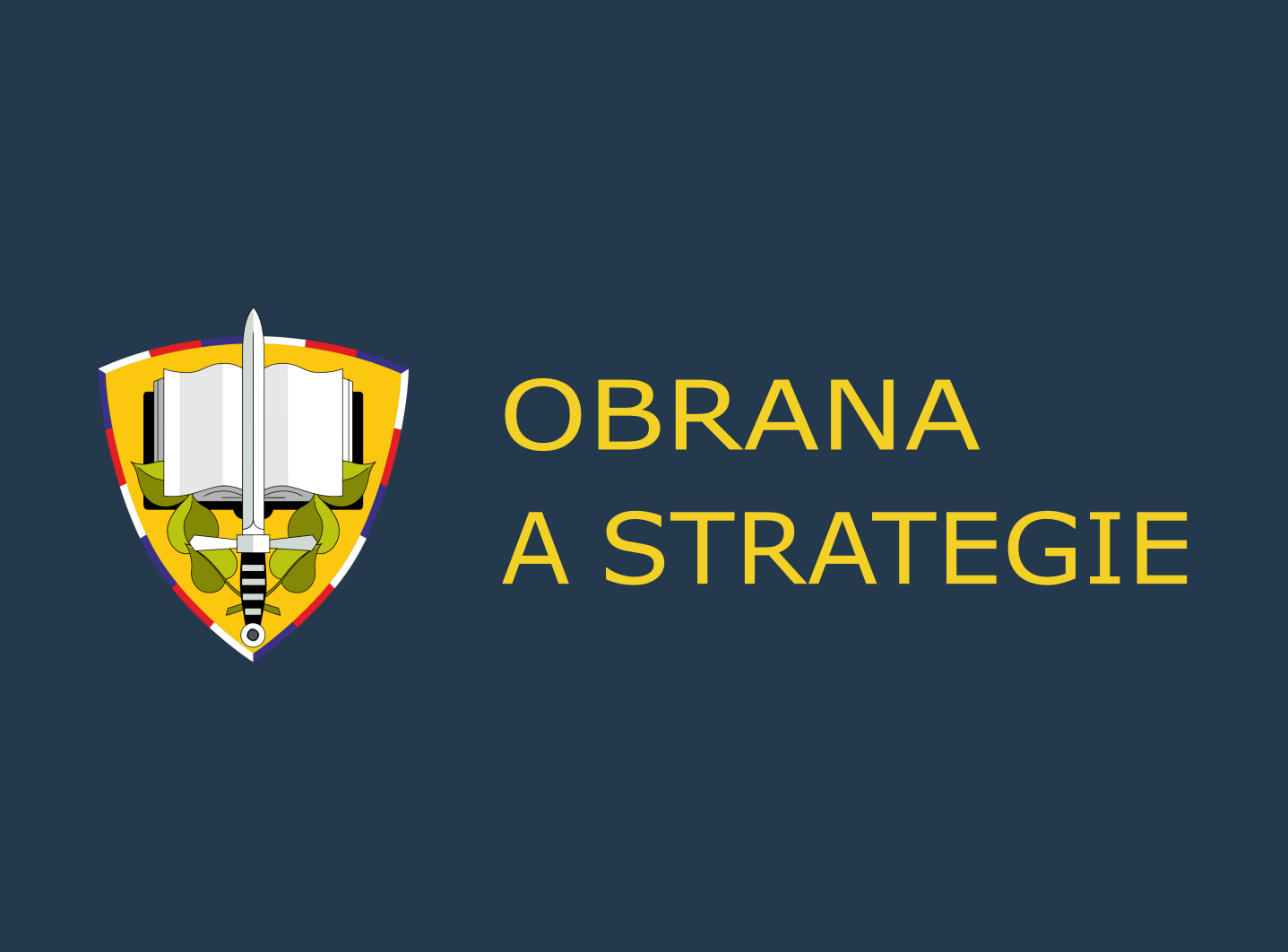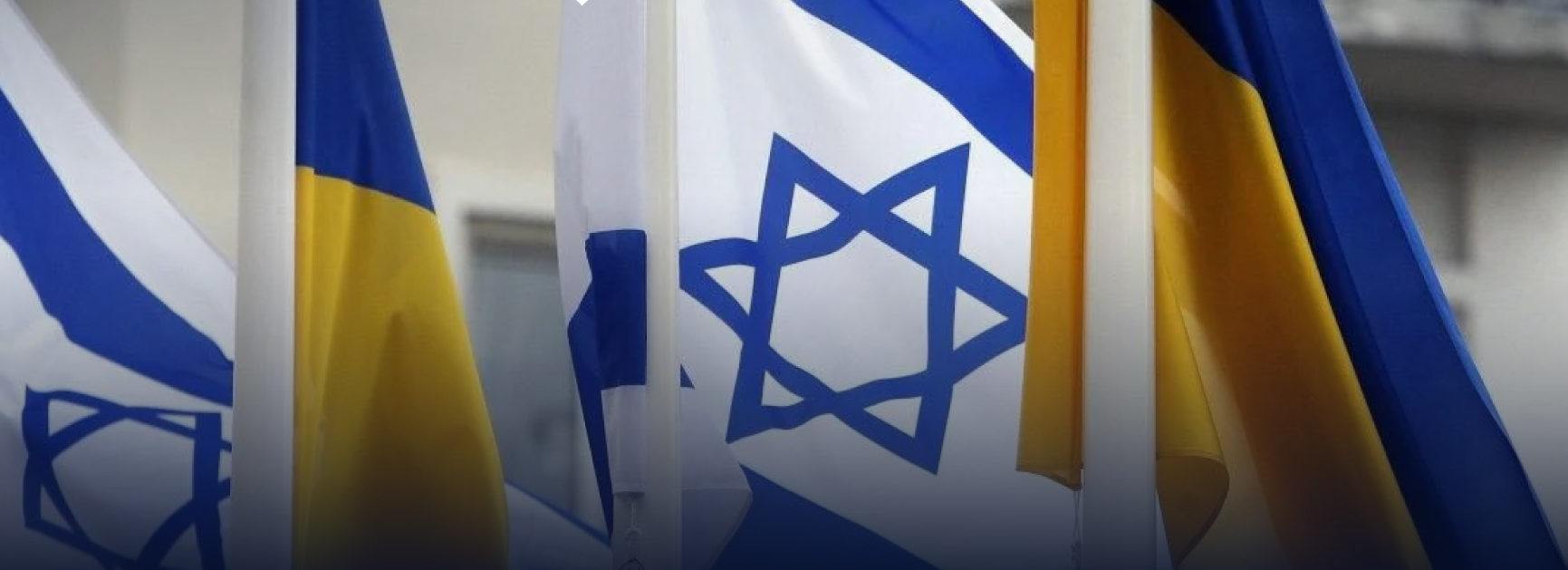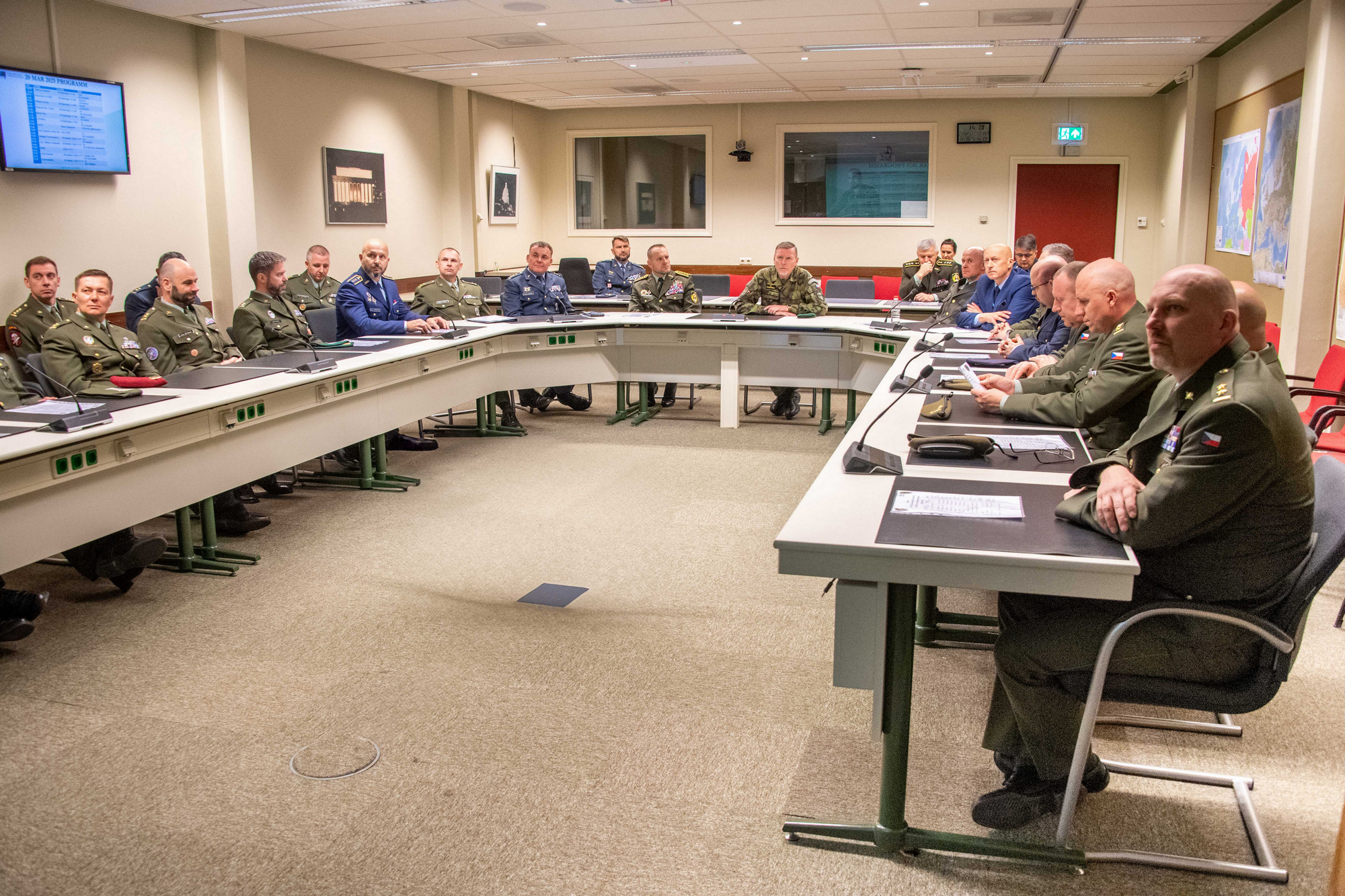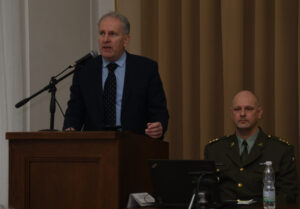Dear Readers,
The editorial board and team of Obrana a strategie journal have engaged in numerous discussions over the past months regarding the possibilities of modernising and enhancing the journal’s attractiveness and streamlining editorial processes. The resulting measures will gradually be implemented and fully integrated starting from the upcoming issue of 2/2023. These changes primarily and positively affect the authors of articles. They include approving a new reference citation style (newly Chicago author-date), simplifying the formal editing of submitted texts, updating the author template, adjusting the peer-review process, and more. Through these steps, we aim to align ourselves gradually with international standards for reputable journals. Furthermore, these changes will facilitate our authors‘ work, simplify the approval and editorial processes, and speed up communication with them.
And what does this issue of the journal contain?
This year’s first issue opens with an article titled „German Space Military Power and Strategy Development“ by Kuang-Ho Yeh. It explores the development of military space strategy in Germany, ranging from its historical background to its current strategic direction.
Following that, Amar Khairi and Martin Petlach present their comparative study titled „Need for Digitalisation to Provide Security?“ which investigates the impact of the Covid-19 pandemic on the digitalisation process in European Union countries. It also explores the correlation between digitalisation, costs incurred by armed forces, security threats, and the quality of governance.
In the article „One Threat – Multiple Responses: Countering Hybrid Threats in V4 Countries“ authors Josef Procházka, Pavel Vinkler, Kristián Jéjárt, Zoltán Szenes, Artur Gruszczak, and Matej Kandrík propose specific measures to enhance national procedures and cooperation among V4 countries in countering hybrid threats based on their multilateral research.
Jana Urbanovská and Antonín Novotný focus on the history, gradual strengthening, and development, as well as the specific outlook for Czech-German defence cooperation in the context of the war in Ukraine in their article „No Longer in the Shadow: The Rise of Czech-German Defence Cooperation.“
Next, in the article „Probability of Development of Nuclear Weapons by Ukraine: Scenarios and Factors,“ authors Moshe Yanovskiy and Yehoshua Socol delve into the probability and possibilities of Ukraine developing nuclear weapons.
Authors Samuel Žilinčík, Ivo Pikner, and Jaroslav Staněk present their article „Character of War: How to Understand It?“ which explores various approaches to understanding the nature of war, deemed essential for future victories within the context of classical authors‘ thinking.
Serhii Maximenko and Lidiya Derkach analyse the current issue of the war in Ukraine from the perspective of cognitive warfare in their article „Understanding Modern Cognitive War in the Global Dimension, its Genesis in the Ukrainian Context: A Review and Directions for Future Research.“
The article „An Alternative Model for Determining the Rational Amount of Funds Allocated to Defence of the Czech Republic in Conditions of Expected Risk“ by the collective authors Vlastimil Šlouf, Martin Blaha, Ondřej Pekař, Lenka Brizgalová, and Vojtěch Müllner focuses on a model for rational defence expenditure allocation in the Czech Republic.
Lastly, Vendula Divišová, Libor Frank, Vladimír Bízik, and Antonín Novotný address the measurement of the Czech Armed Forces‘ resilience against hybrid interference through the use of a questionnaire survey in their article „A Resilient Soldier, A Resilient State: A Tool for Measuring Czech Armed Forces‘ Resilience Against Hybrid Interference.“
Dear readers, on behalf of the entire editorial team, I thank you for your unwavering support and wish you great inspiration and joy in reading!
Chairman of the Editorial Board




